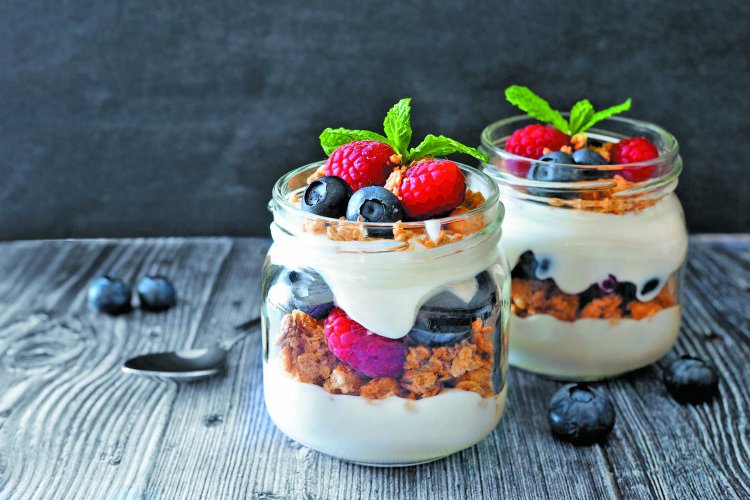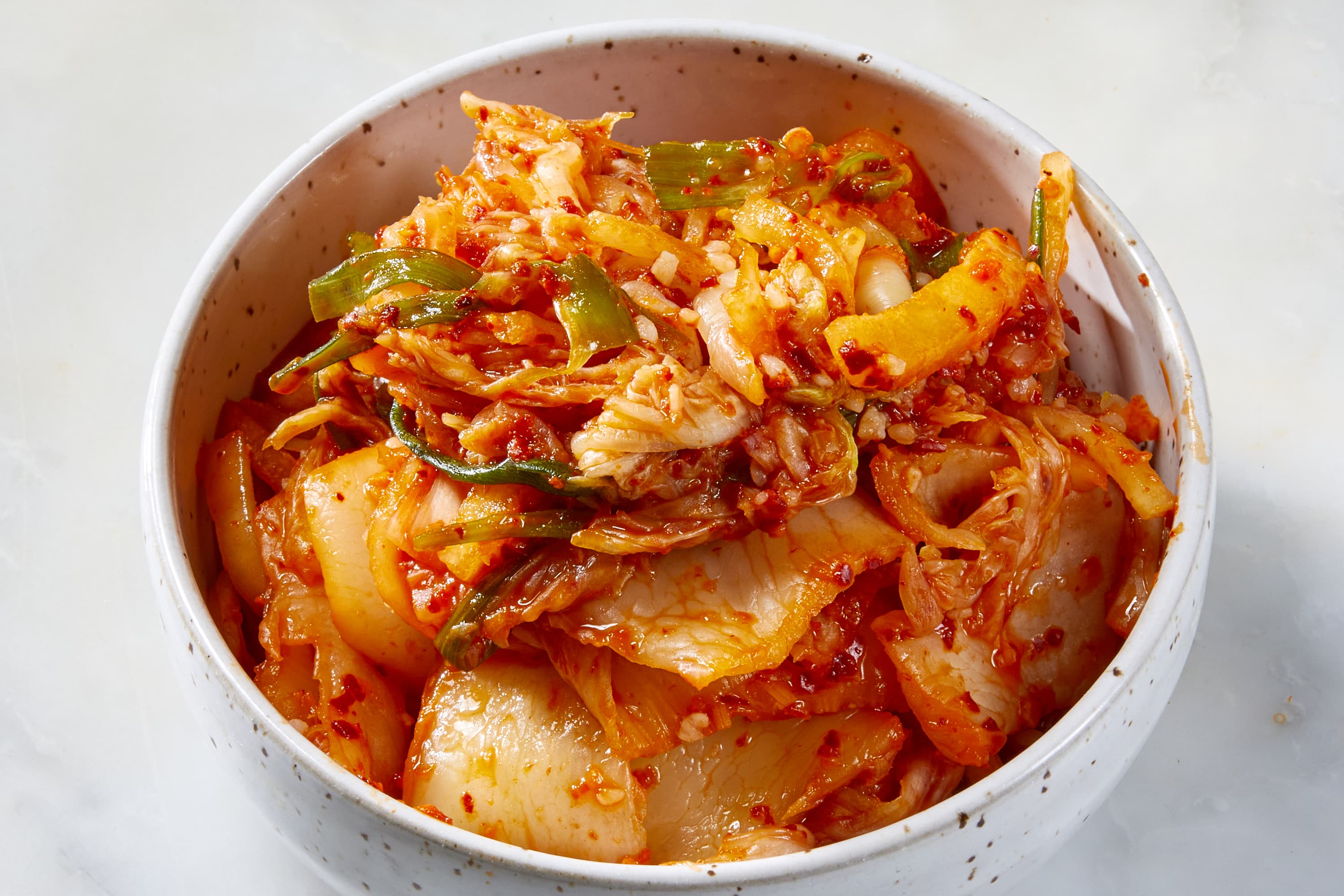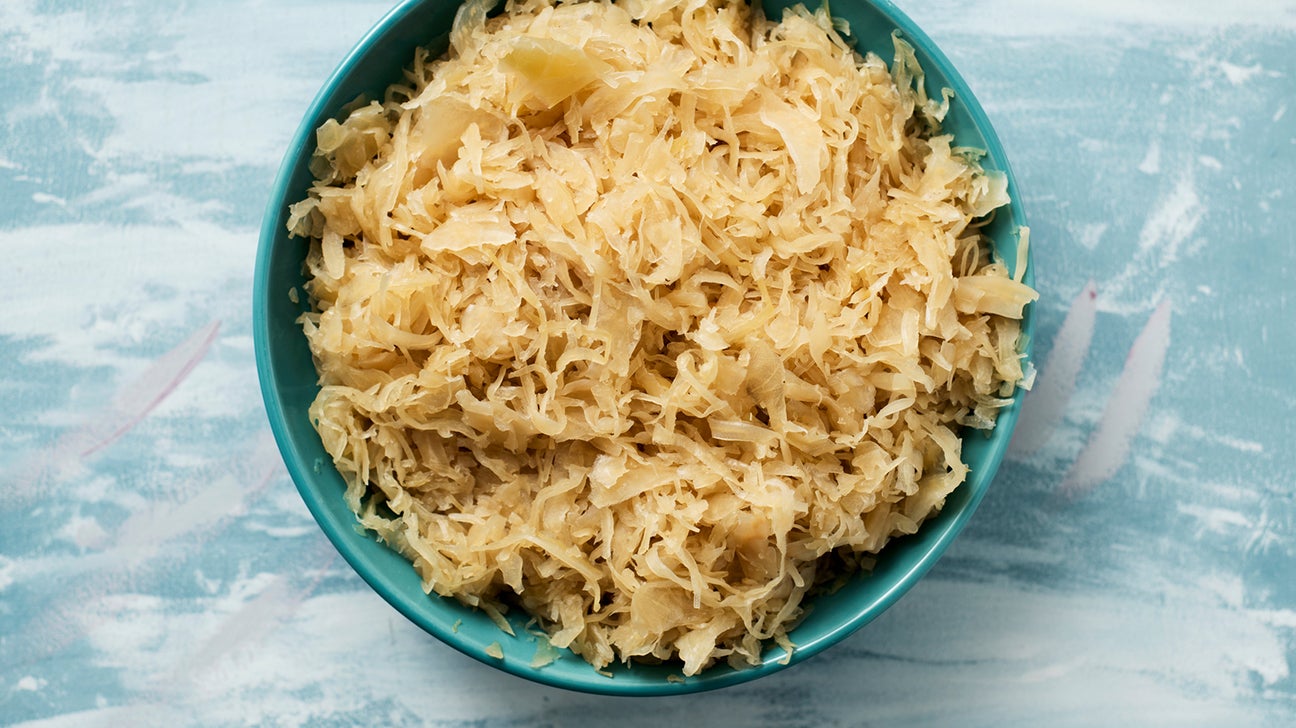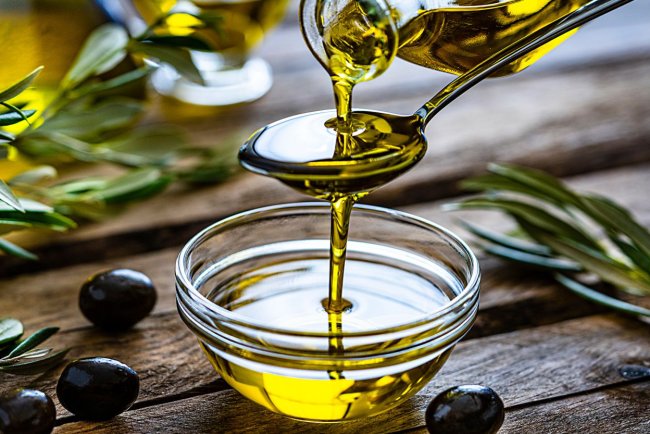Do you dislike yogurt yet want probiotics? Try These Unexpectedly Delicious Substitutes
Let us be clear: I adore yogurt. It is always on my shopping list; if I can find it, it is organic, unsweetened, and made with almond milk. On hot afternoons, I treat myself to a refreshing, tangy cup, add it to smoothies, and spread it on sandwiches in place of mayo. It is a ritual rather than just a nibble.

It might be the texture. Perhaps you do not eat dairy. Perhaps you have simply consumed too many excessively sugary cups that were passed off as health food. The good news? There are other ways to achieve gut health besides yogurt. Probiotic-rich meals come in a wide variety of flavors, including acidic, crunchy, effervescent, earthy, and spicy ones. It is likely that at least one of these will appeal to your palate.
First, though, why are probiotics important?
The "healthy" bacteria and yeasts that keep your gut environment functioning are called probiotics. They improve your body's ability to digest food, push out pathogens that could cause illness, and even strengthen your immune system. Additionally, a balanced gut microbiota facilitates food absorption, making even the healthiest meals last longer.
Probiotics do not have a set "daily dose," unlike vitamins. Consider them more like frequent guests, not exactly how many, but usually enough to keep the party going. Lactobacillus and Bifidobacterium, which are sometimes shortened to L. acidophilus or B. bifidum, are the two most prevalent varieties that you will see on food labels.
You can find them in more than just your typical yogurt cup, and they are your gut's greatest friends.
These tasty, probiotic-rich substitutes are worth trying if you are avoiding yogurt or simply want to switch things up:
1. Kefir
Kefir might be thought of as the quirky, free-spirited cousin of yogurt. It is a sour, thinner-textured, drinkable fermented milk (or non-dairy substitute). It comes in a rainbow of varieties, including dairy, coconut milk, oat milk, and even kefir water, and is loaded with several strains of active cultures often more than yogurt. Pour it over fruit, mix it into smoothies, or drink it on its own with a pinch of nutmeg or cinnamon.
2. Kimchi

Kimchi is a fermented Korean meal created from cabbage, garlic, chile, and time that is equal parts hot, sour, and incredibly fulfilling. It is teeming with good bacteria and taste. You may eat it as a snack right out of the jar, toss it into fried rice, scramble it into eggs, or sprinkle it on top of baked potatoes. It is a potent probiotic powerhouse.
3. Kombucha
With good cause, this bubbly, fermented tea has a cult following. Depending on the brand, it is slightly sweet and tangy, and it provides a healthy dosage of beneficial bacteria for your gut. Just be sure to read the label because certain types contain a lot of sugar. Enjoy kombucha as a cool substitute for soda or sugary energy drinks, and look for less than 5 grams per serving.
4. Miso
Rice or barley is fermented with soybeans to create this flavorful Japanese paste. Add a small amount to warm (not boiling) water to make a straightforward miso soup, or combine it with lemon juice and tahini to make a probiotic-rich, creamy salad dressing.
5. Pickles Not Just Any Pickles, Please
Pickles are not always the best probiotics. Pickles that are fermented and uncooked should be brined with sea salt and water rather than vinegar. The label may state "living cultures" or "naturally fermented," and these are frequently located in the refrigerated section. These pickles add taste and plants to your meal; they are crunchy, sour, and incredibly snackable.
6. Sauerkraut

This is a treasure for the gut, not just a topping for hot dogs. Live cultures are abundant in real, raw sauerkraut, which is unpasteurized and sold chilled. It is acidic, sharp, and surprisingly adaptable. You may blend it into salads, add it to grain bowls, or, if you are feeling adventurous, eat it by itself. (You get bonus points if your German grandmother fed you Reubens when you were growing up.)
7. Tempeh
Its fermentation process gives it probiotic qualities and makes it a fantastic meat substitute for plant-based diets. For a high-protein, gut-friendly supper, marinade and grill it, slice and sear it for sandwiches, or crumble it into chili.
Last Thoughts: Avoid the Spoon and Feed Your Gut
To support your microbiota, you do not have to be a yogurt lover or even eat it. There is a fermented food that suits your palate, whether you prefer the savory punch of miso, the fizz of kombucha, or the spice of kimchi.
Although probiotics are only one component of gut health, including these foods in your diet is a tasty and healthy way to improve your immunity and digestion. So feel free to try new things. Try something different. Your taste senses and possibly your belly will appreciate it.
What's Your Reaction?




















